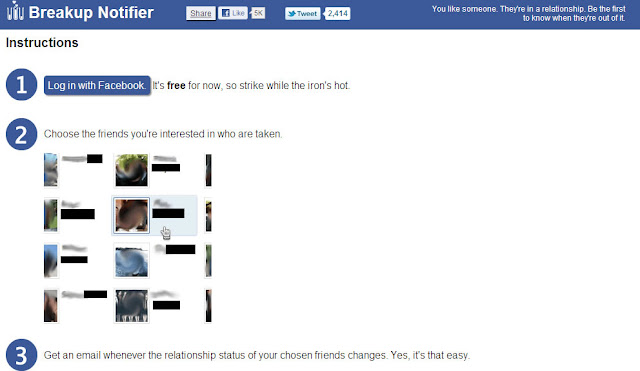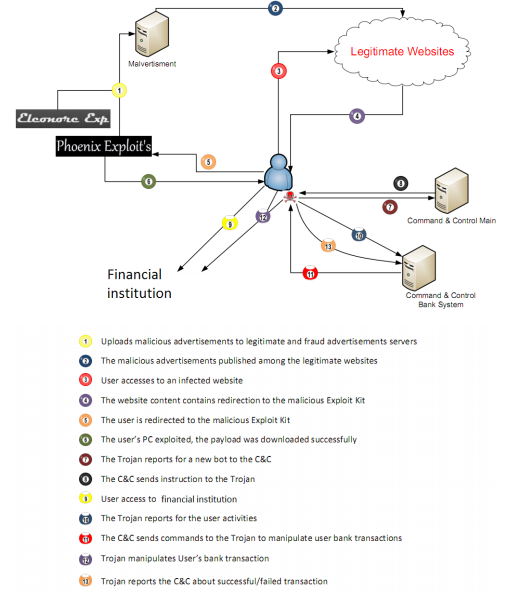Oracles strategy with DB,SPARC and UNIX
by Anika Kehrer
In Munich, Wednesday, March 10, Oracle announced its upcoming strategy for the Sun takeover: the new couple will now sell complete packages and, next to Oracle's database, further develop Solaris along with Sun's SPARC and Flashfire server technologies.
Managing director of Oracle Germany, Juergen Kunz, described the situation at Oracle, which had some time to ferment after the European Union's investigation of the takeover, as such: language inside the company includes words like "pregnancy" and "bringing up baby." Sun brings a "totally new dimension." The portolio is "unique" and "no other company can provide the same." Dermot O'Kelly, Oracle's vice president for hardware in Europe, put the situation in concrete terms with the new "Oracle Stack."
Oracle Wrap
The stack starts on the hardware side with storage, servers and virtual machines under the motto "Complete, open, integrated," continues with operating systems and databases and goes to middleware and applications. The message is clear: the more a customer buys an integrated system from Oracle, the better the results. Existing infrastructure elements can even be integrated.
Picture Dermot O'Kelly of Oracle
O'Kelly was proud of the first products to be whipped up in the mix of Oracle and Sun competencies. The Bolide Exadata v2 first announced in September, 2009 and a database machine with Sun hardware and Oracle software should give IBM a run for its money. The hardware VP feels that Oracle will "stir up the market" in the future with the combined products.
Rolf Kersten, marketing manager at Sun Microsystems, outlined what it all should look like. Oracle will no longer just consider itself first in databases, but also in the UNIX server market. Oracle wants to invest more than Sun previously in the Solaris "technology diamond" and SPARC processors. Even the x86 machines will be further developed as elements of integrated systems as well as freestanding solutions. All hardware will be optimized for the Oracle database, for which the company is promising large performance gains.
MySQL? Yes, but...
Asked by Linux Magazine Online if the same sort of strategy exists for MySQL setups, for example, Kersten, who has been at Sun for 12 years, responded with "yes," but only after repeated questioning. His first responses included words like "third-party" and "certification." Finally he committed to the statement, "MySQL ultimately belongs to the inhouse products." Until further notice, let the answer to the MySQL question be interpreted as "yes, but..."
Picture showing audience at Oracle event
Insiders believe that Oracle will deploy its own database and MySQL in different segments and therefore not get into an internal rivalry. These sources don't consider Oracle's MySQL coming into much play in the high-end segment. Other observers see parallels between Oracle's Sun acquisition and that of SUSE by Novell: a license-oriented enterprise pulls in another open-source-oriented one and behaves awkwardly as a consequence.
The event did unfortunately reveal that Oracle is unlikely to include Linux or open source as strategic advantages in the marketplace, even though the company quite recently maintained that it understood the open source principle better than did the European Commission. Open standards did deserve mention, but it's more likely that the open source divisions with MySQL, OpenOffice and the free Java components will continue to get niche status. Commitments to the projects are nevertheless real.
source
In Munich, Wednesday, March 10, Oracle announced its upcoming strategy for the Sun takeover: the new couple will now sell complete packages and, next to Oracle's database, further develop Solaris along with Sun's SPARC and Flashfire server technologies.
Managing director of Oracle Germany, Juergen Kunz, described the situation at Oracle, which had some time to ferment after the European Union's investigation of the takeover, as such: language inside the company includes words like "pregnancy" and "bringing up baby." Sun brings a "totally new dimension." The portolio is "unique" and "no other company can provide the same." Dermot O'Kelly, Oracle's vice president for hardware in Europe, put the situation in concrete terms with the new "Oracle Stack."
Oracle Wrap
The stack starts on the hardware side with storage, servers and virtual machines under the motto "Complete, open, integrated," continues with operating systems and databases and goes to middleware and applications. The message is clear: the more a customer buys an integrated system from Oracle, the better the results. Existing infrastructure elements can even be integrated.
Picture Dermot O'Kelly of Oracle
O'Kelly was proud of the first products to be whipped up in the mix of Oracle and Sun competencies. The Bolide Exadata v2 first announced in September, 2009 and a database machine with Sun hardware and Oracle software should give IBM a run for its money. The hardware VP feels that Oracle will "stir up the market" in the future with the combined products.
Rolf Kersten, marketing manager at Sun Microsystems, outlined what it all should look like. Oracle will no longer just consider itself first in databases, but also in the UNIX server market. Oracle wants to invest more than Sun previously in the Solaris "technology diamond" and SPARC processors. Even the x86 machines will be further developed as elements of integrated systems as well as freestanding solutions. All hardware will be optimized for the Oracle database, for which the company is promising large performance gains.
MySQL? Yes, but...
Asked by Linux Magazine Online if the same sort of strategy exists for MySQL setups, for example, Kersten, who has been at Sun for 12 years, responded with "yes," but only after repeated questioning. His first responses included words like "third-party" and "certification." Finally he committed to the statement, "MySQL ultimately belongs to the inhouse products." Until further notice, let the answer to the MySQL question be interpreted as "yes, but..."
Picture showing audience at Oracle event
Insiders believe that Oracle will deploy its own database and MySQL in different segments and therefore not get into an internal rivalry. These sources don't consider Oracle's MySQL coming into much play in the high-end segment. Other observers see parallels between Oracle's Sun acquisition and that of SUSE by Novell: a license-oriented enterprise pulls in another open-source-oriented one and behaves awkwardly as a consequence.
The event did unfortunately reveal that Oracle is unlikely to include Linux or open source as strategic advantages in the marketplace, even though the company quite recently maintained that it understood the open source principle better than did the European Commission. Open standards did deserve mention, but it's more likely that the open source divisions with MySQL, OpenOffice and the free Java components will continue to get niche status. Commitments to the projects are nevertheless real.
source


Comments